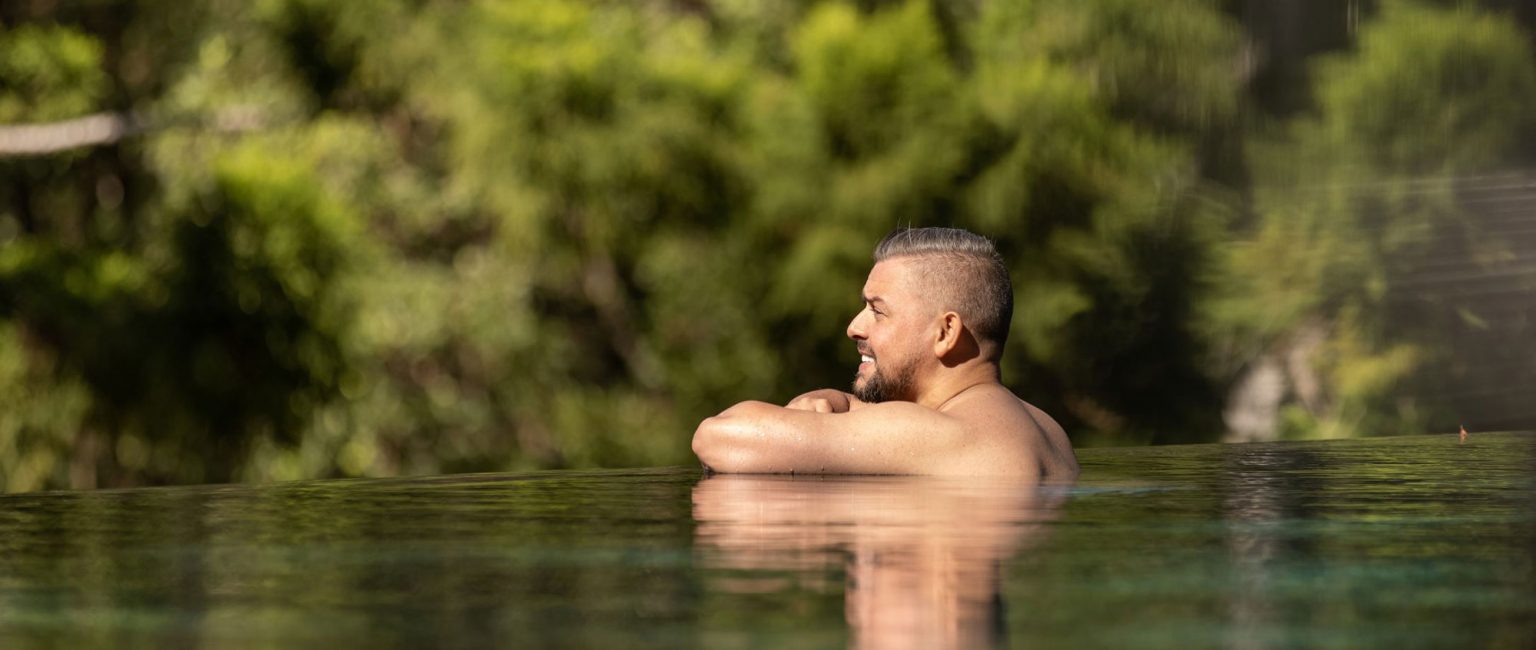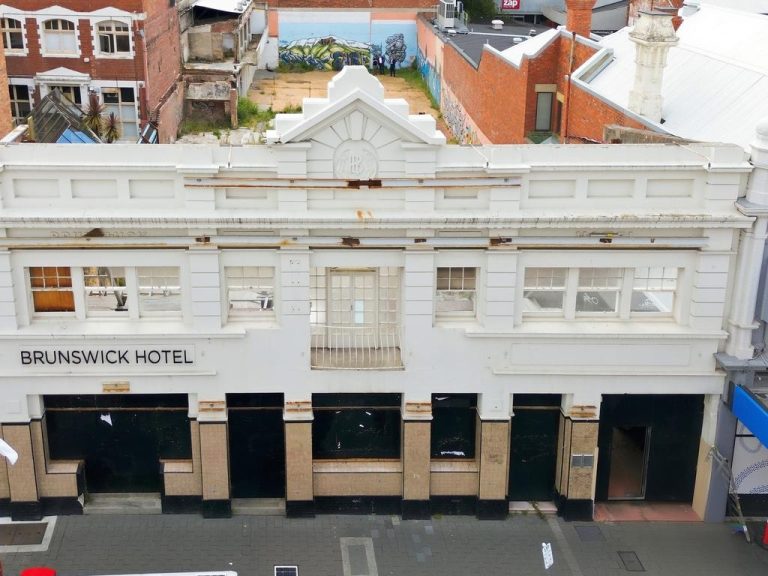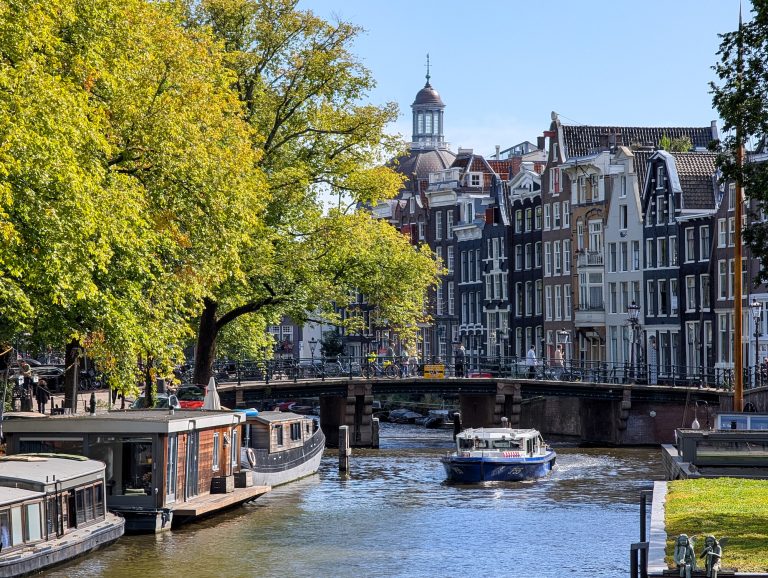Eco View Retreat build to start within weeks

Gold Coast Council has approved plans for wellness resort Eco View Retreat in southeast Queensland’s Tallebudgera Valley, which owner Tony De Leede hopes will help companies to impress and retain good staff.
The wellness expert, who also founded Gwinganna Lifestyle Retreat next door, said he planned to commence building in the next 30 to 60 days, with plans to open in the third or fourth quarter of 2023.
The news comes as Mr De Leede revealed he was close to selling Gwinganna after entering “exclusive” discussions with a potential Australian buyer.
“I’m moving off from one retreat-style business and actively onto the next one,” he said.
Where Gwinganna provides a fully catered experience for individual guests — 80% are women on their own, 10% are single men and about 10% are couples, Eco View Retreat will offer rooms and facilities for exclusive hire by groups with a maximum of 30 guests.
Set across 28ha, the facility will comprise 15 cabins of two queen size beds and a central pavilion for meals, seminars and workshops.
Retreats as a group
Organisations and community groups will be able to rent the entire facility, either choosing to bring their own chef and staff or use the culinary, educational and activity options offered by Eco View Retreat.
“It’s for anyone who decides they want to take all their key people, their tribe, and go on a destination retreat,” Mr De Leede said.
The facilities-for-hire concept has already proved successful at Mr De Leede’s Bali retreat, Komune, which opened 10 years ago.
The wellness expert, who also founded the national gym franchise Fitness First, said that Eco View would not be in competition with Gwinganna but instead would be “complementary”.

Eco View Retreat will be built next to Gwinganna, Australia’s largest eco-retreat. Picture: Supplied by Gwinganna
He also said that because people will come to the retreat as a group, most likely in a coach, there would be little traffic on the steep narrow access road, a major concern of local residents who voiced objections to the project.
Mr De Leede said wellness is now more about workplaces and communities as a whole, rather than just individuals.
“It’s about companies offering it. It’s about communities thinking about it. It’s about what people can do in a more communal sense,” he said.
And with record unemployment in Australia, he believes wellness is a way for organisations to retain valuable employees.
“Every company these days has to figure out what they can do for their employees to keep them happy, to give them a balanced life.”
Wellness at the fore
Experts say it’s an opportune moment to create a wellness retreat, with Australians finely in tune with their physical, mental and spiritual needs following the COVID-19 pandemic.
They’re also less likely to travel overseas than before, shifting to responsible and experiential travel with a focus on learning, said Colliers’ national director Asia Pacific of hotels transaction services Karen Wales, who is managing the Gwinganna sale.
She said this shift in priorities is driving growth in wellness tourism, but more specifically lifestyle tourism and spiritual tourism.
“Lifestyle tourism focuses on activities like detoxing, rejuvenation and changing behaviours, while spiritual tourism places emphasis on contemplation, meditation and learning.”
In global terms, the wellness tourism industry was valued at $735.8 billion in 2020, which was a growth of 15.1% from $639 billion in 2017, as outlined in Colliers’ Wellness Tourism Report 2021.

Australians are focusing more on wellness tourism, including lifestyle tourism and spiritual tourism. Picture: Supplied by Gwinganna
By the end of 2022, according to the Wellness Tourism Industry Statistics 2021, the global wellness tourism market is predicted to reach $919 billion with a projected value of $1.2 trillion by 2027.
Vanessa Rader, head of research at Ray White Corporate, agreed prospects for the wellness sector were good.
“The attractiveness and occupancy levels [of wellness retreats] will determine if they are still around at the same level in 2023, however greater awareness around health both physical and mental are here to stay so there will be a continued market, likely growing,” she said.
Lucrative model
By their very business model, wellness resorts maximise revenues more than leisure resorts, Ms Wales said.
“In a wellness resort guests generally pay for program packages rather than just a room, which results in a higher average length of stay. In addition, wellness tourists spend much more of their time within the resort participating in activities, giving greater opportunities for maximising revenues.
“Other key benefits of wellness resorts include less reliance on seasonal weather patterns as the tourist is there for a distinct program or experience. Repeat business is also much higher, which is estimated to be around 30%-55%.”
And while location has shown to be less of a driver for wellness tourists, Eco View Resort is ideally placed to capture talent in the wellness space.
“Southwest Queensland and northern NSW are particularly attractive given the depth of practitioners in this area and the wide array of specialties they offer,” Ms Wales said.







